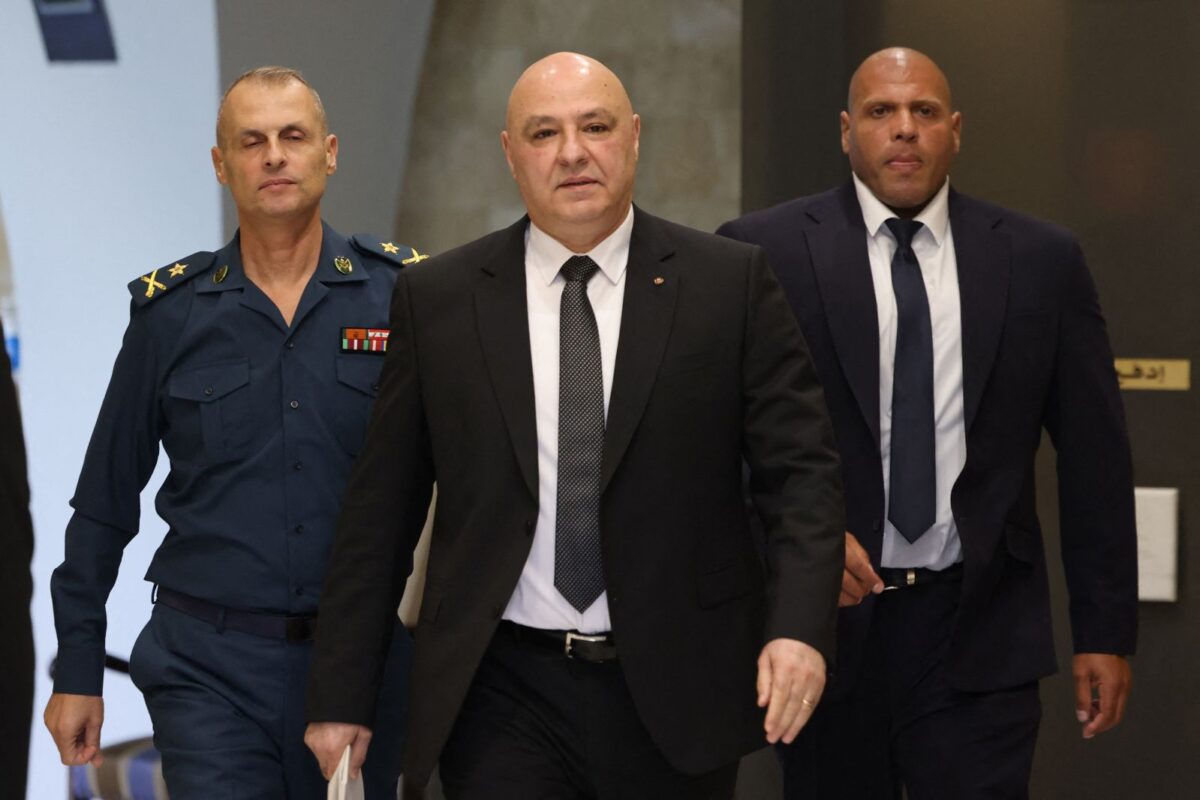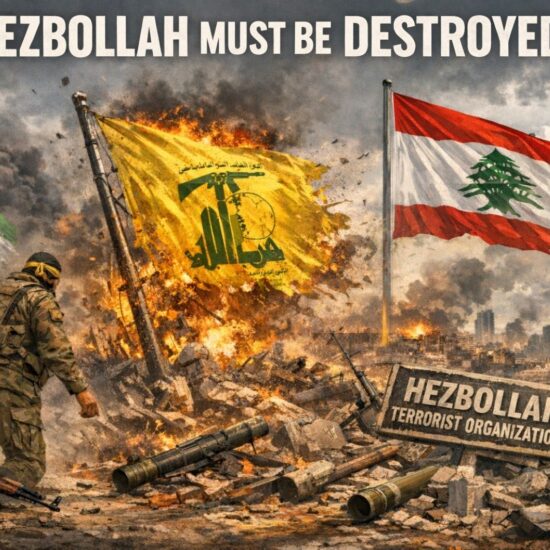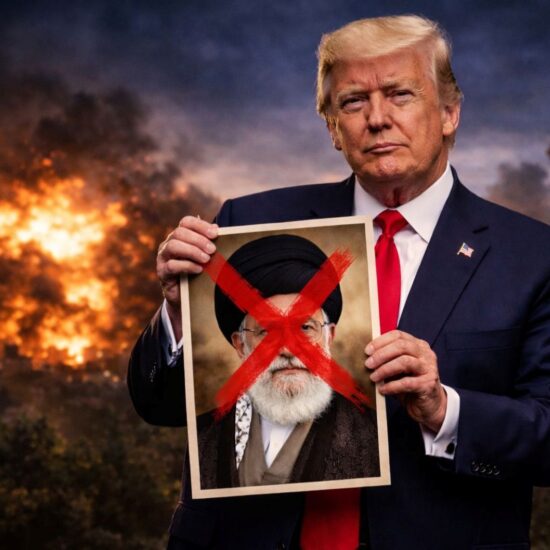
Lebanon today finds itself trapped between a collapsing state and a militia that pretends to defend it. Each Israeli strike on Lebanese soil is not only a violation of sovereignty but also a stark reminder that the Lebanese state has long surrendered control of its own borders and destiny. The latest orders by President Joseph Aoun to the Lebanese Army to “respond to any violations” are commendable in form but hollow in substance—reactions to crises rather than acts of leadership.
If the Lebanese state truly sought to protect its citizens, it would begin not by confronting Israeli drones but by reclaiming its sovereignty from within—starting with Hezbollah’s weapons and the culture of impunity surrounding them.
The root cause of Lebanon’s insecurity is internal, not external. Hezbollah’s arms, sustained by Iran’s Revolutionary Guard Corps, have turned Lebanon into a proxy battlefield and its citizens into hostages of a foreign agenda. Israeli reports claiming Iranian involvement in rebuilding Hezbollah’s military capacity are not revelations—they are confirmations of a long-standing reality.
Hezbollah is not an independent Lebanese faction. It is the Lebanese branch of the Iranian Revolutionary Guard, operating under Tehran’s command and pursuing its regional ambitions. Its secretary-general, Naim Kassem, boasts that the party has rebuilt its military infrastructure and is ready for confrontation. Yet the truth is more sobering: even at the height of its power, Hezbollah failed to deter Israel, and now it gambles on time, hoping that international politics—or a future U.S. administration—might once again hand Lebanon over to Iran’s sphere of influence.
The Lebanese political establishment continues to hide behind the rhetoric of “resistance,” allowing Hezbollah to operate unchecked. Meanwhile, the country’s border villages—like Blida, which recently suffered the death of an innocent civilian—pay the price of this fiction. Hezbollah’s arsenal has brought only devastation to the very people it claims to protect.
Instead of confronting this reality, the political elite indulge in verbal acrobatics about “gradual implementation” of UN Resolution 1701, pretending that the south is under state control. In truth, the Lebanese Army’s presence there is nominal. The army is neither positioned nor equipped to engage in direct conflict with Israel, nor should it be forced into a confrontation not of its making. The president’s directives are therefore little more than face-saving gestures.
Lebanon’s leadership remains paralyzed by a sectarian and clientelist system that rewards inaction. The fearmongering narrative—that any attempt to challenge Hezbollah’s weapons would trigger civil war—has become the convenient excuse for cowardice. But no faction today seeks internal conflict; the real war is political, not military.
What Lebanon needs is not another battlefield but a strategy of state restoration. That means a political confrontation rooted in law, diplomacy, and reform. It requires a clear message: the Lebanese state will no longer tolerate an armed group acting as a parallel authority.
Disarming Hezbollah will not happen overnight, but the process begins with honesty. The government must openly acknowledge that the continued presence of an armed militia on its territory is the reason for Israel’s repeated incursions and Lebanon’s growing isolation. It must build a unified political front that reclaims the narrative of sovereignty from Hezbollah’s propaganda of “resistance.”
This also means reforming the electoral law that perpetuates sectarian dominance and shields Hezbollah’s allies from accountability. A fair and representative system is the foundation of any state capable of reclaiming its legitimacy.
Lebanon’s salvation will not come from declarations of defiance or appeals to external mediators. It will come from a national awakening that recognizes the true hierarchy of threats: a state without authority, an army without command, and a people without protection.
To save Lebanon, we must first dismantle the myth that Hezbollah’s arms are a shield. They are the very reason Lebanon remains exposed—politically, militarily, and morally. Until the Lebanese state acts to end this dependency and reclaim its sovereignty, every strike, every tragedy, and every lost life will continue to remind us of a truth too long ignored:
Lebanon’s greatest danger lies not beyond its borders, but within them.
Makram Rabah is the managing editor at Now Lebanon and an Assistant Professor at the American University of Beirut, Department of History. His book Conflict on Mount Lebanon: The Druze, the Maronites and Collective Memory (Edinburgh University Press) covers collective identities and the Lebanese Civil War. He tweets at @makramrabah







